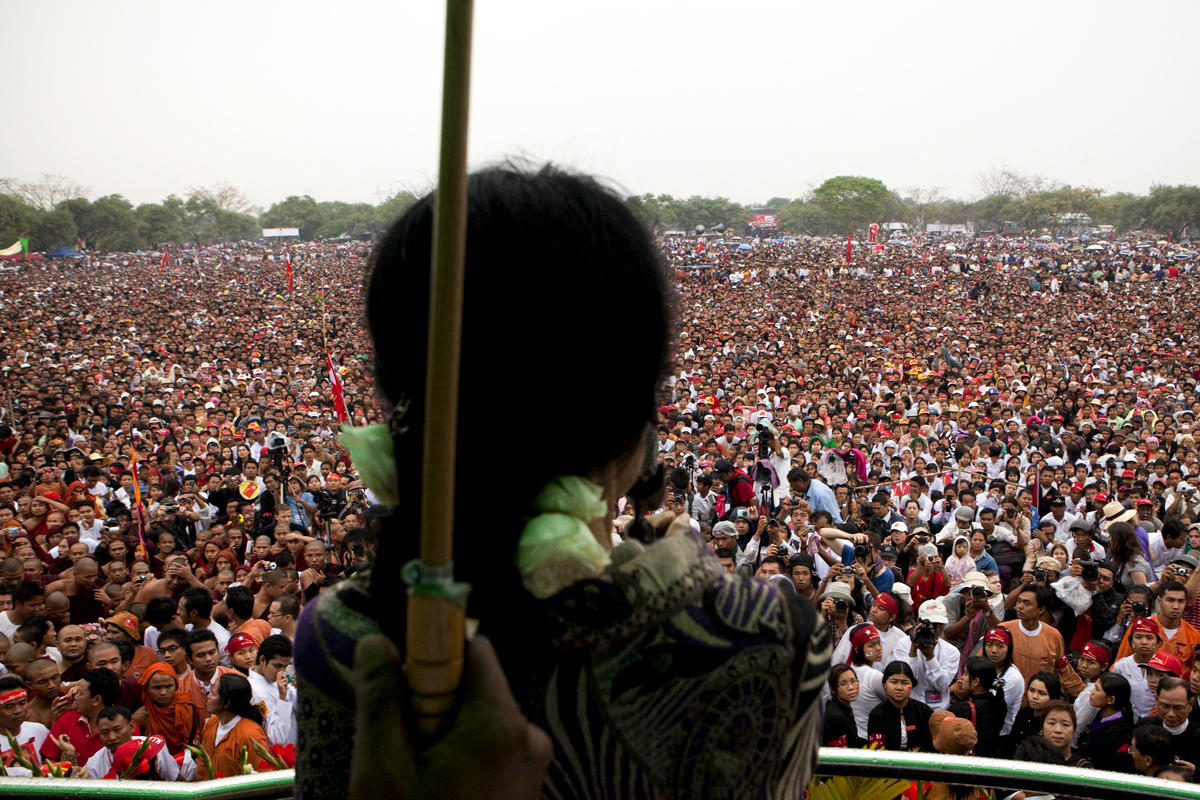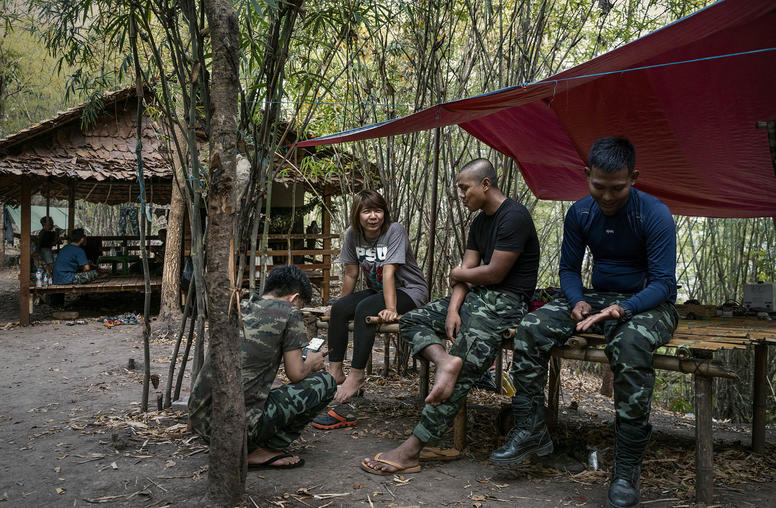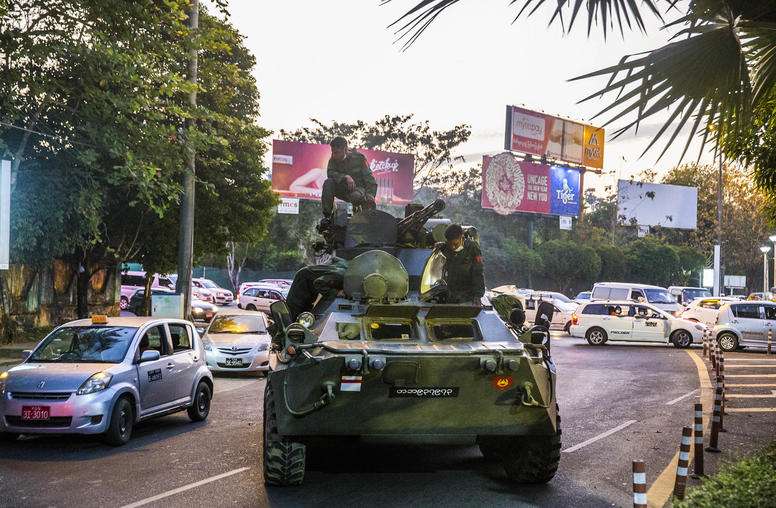Continuing Burma's Transition to Democracy
Policymakers and experts consider how to advance U.S.-Burmese relations during this fragile period of transition in the Southeast Asian nation.

The Asia Society and the U.S. Institute of Peace on April 25 co-hosted an invitation-only roundtable that brought together representatives of the Myanmar Development Resources Institute (MDRI) and U.S. experts as well as policymakers to exchange views on the current situation in Burma. The meeting is part of an informal dialogue—an ongoing channel of communication—between experts from the United States and Burma to explore opportunities to advance U.S.–Burmese relations during a fragile period of transition in the Southeast Asian nation.
The meeting came on the same day that Assistant Secretary of State for East Asian and Pacific Affairs Kurt Campbell testified before Congress on U.S. policy toward Burma.
Expectations for significant change in Burma—a country run for decades in autocratic fashion by military-dominated governments—were low after its November 2010 elections and the establishment of a new government in March 2011.
Yet, several months after taking office, President Thein Sein introduced a series of political and economic reforms, and the parliament began debating wide-ranging legislative reform—all of which has spawned cautious optimism in Burma and abroad.
"The country has expressed an eagerness to rejoin the world community through democratic reform and resolving its internal ethnic conflicts," says Colette Rausch," says Colette Rausch, director of USIP's Rule of Law Center.
In January 2012, an Asia Society delegation visited Burma to engage in Track II dialogue with MDRI, a new and independent think tank based in Yangon whose advisers provide policy advice on political, economic and legal affairs to Burma's president.
The delegation included Suzanne DiMaggio, Asia Society's vice president of global policy programs; Priscilla Clapp, former U.S. chargé d'affaires in Burma; Rausch of USIP; Ji-Qiang Zhang, vice president of programs for the Blue Moon Fund (an environmental foundation based in Charlottesville, Va.); Debra Eisenman, assistant director of global policy programs at the Asia Society; and Billy McCarthy, program assistant for the Blue Moon Fund.
In concert with lead partner Asia Society and the Blue Moon Fund, USIP plans to continue its involvement in the Track II dialogue with MDRI advisers with the aim of assessing and then assisting the needed reforms identified by the Burmese people, which may include rule of law, democracy building, environmentally sustainable development and people-to-people exchanges.



